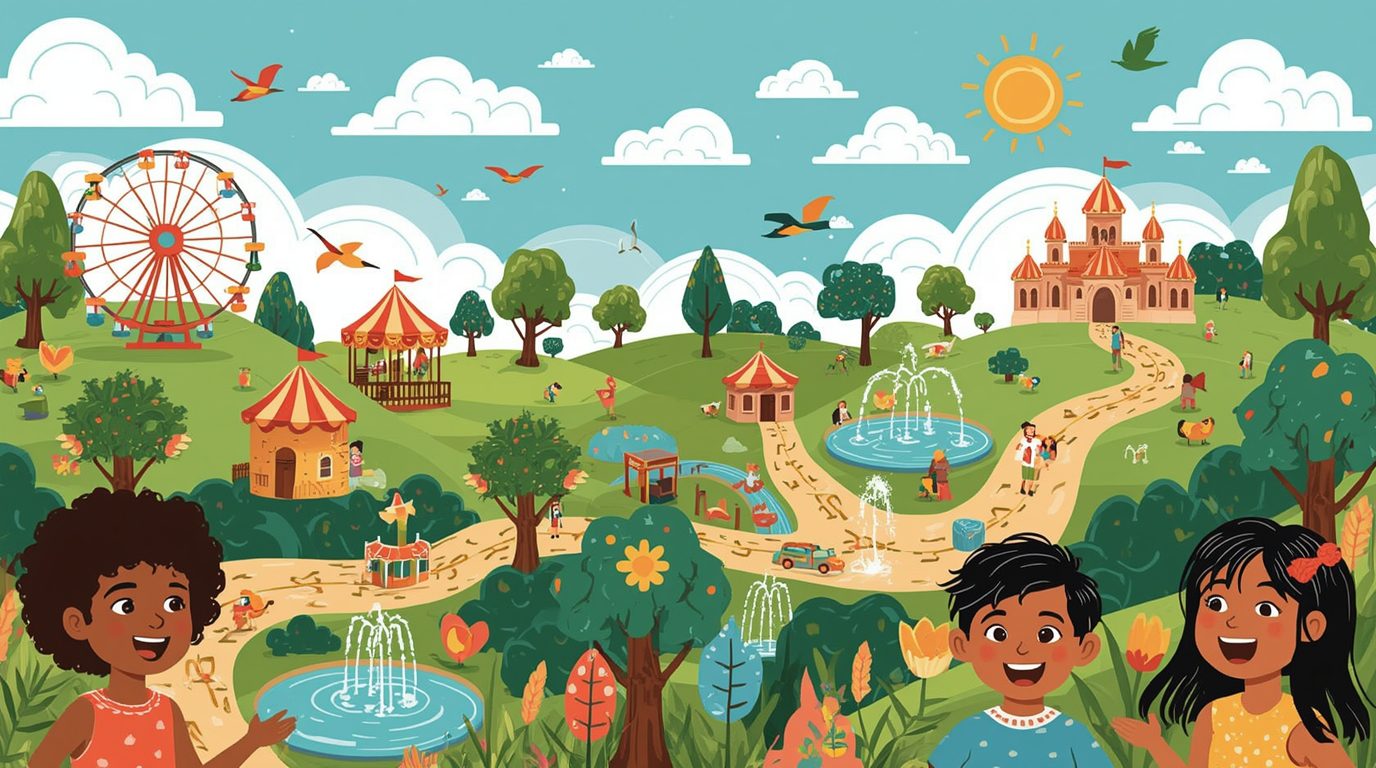Child’s Alleged Roblox Kidnapping Sparks Lawsuit as California Laws to Protect Kids Online Remain Stalled
Two California laws designed to protect children online seem to be inactive and, to some extent, not enforced at all. A recent Roblox-related kidnapping case brings to light the absence of safety regulations concerning online platforms and the dangers children face not just in California, but all across the United States. 24HourBulletin reports on the situation in detail.
The Alleged Kidnapping
A Southern California 10-year-old girl was supposedly abducted by an individual she met on Roblox, an online gaming platform geared towards preteens. Eventually, law enforcement located the girl at a strip mall near the man’s home in Elk Grove, a city just south of Sacramento, hundreds of miles away.
Due to the incident, the family escalated the matter legally and was granted permission from a San Francisco Bay area court to sue Roblox’s headquarters. The lawsuit further claims that the girl’s kidnapper was using a third-party messaging app, Discord, to send messages via the accused’s account.
The lawsuit is the sixth civil case filed against Roblox within a single year due to allegations of children being groomed or exploited by adults. Additionally, Roblox’s safety features are under investigation by the Attorney General’s office of Florida, along with several other states.
California Laws Meant to Protect Children
Two pieces of legislation were passed in California recently aimed to protect children:
- California Age-Appropriate Design Code Act – requires online services to automatically grant the highest privacy settings to users under eighteen and implement other automatic safety features.
- Protecting Our Kids from Social Media Addiction Act – focuses on mitigating social and gaming-related apathy in children by curbing features designed to attract their attention.
The objective of these laws was to put responsibility on services and ensure protective barriers are configured for children’s online interactions.
The Implementation Hurdles
The enforcement of these laws has not been acted upon. The office of California Attorney General Rob Bonta is blocked from taking action due to a lawsuit filed by NetChoice, a trade association for internet companies, claiming these laws infringe on the First Amendment and other constitutional rights.
The courts have sided with NetChoice so far, issuing an injunction preventing Bonta from enforcing the laws. Bonta’s office stated that it “has not filed any lawsuits against Roblox” and cannot comment on any ongoing investigations. This creates a vacuum of state-level oversight concerning the protection of children online.
Roblox’s Action
Roblox reiterated its commitment to online safety: “We dedicate substantial resources… to help detect and prevent inappropriate content and behavior, including attempts to direct users off platform, where safety standards and moderation may be less stringent than ours.”
Regardless, the absence of enforced laws creates a situation where the safety of children online is primarily the responsibility of parents or guardians. Families are advised to check and implement all available privacy and parental control measures appropriate to age to safeguard their children while on Roblox and similar services. Guidance on safety settings is available on the Roblox website.
Greater Consequences
The case has the potential to undermine trust and safety measures put in place for children, which is concerning for lawmakers. Without a legal structure, children are susceptible to exploitation, grooming, and other harmful interactions on social and gaming platforms.
The Roblox incident also highlights a nationwide parental concern: while large tech companies are often first responders to online child safety issues, gaps remain in policing child interactions and preventing predatory activities.
What Parents Can Do
While tech companies and lawmakers decide on legal policies, parents are encouraged to take steps to ensure child safety online:
- Activate privacy settings: Use Roblox’s privacy and parental controls to restrict contacts and viewable activity.
- Monitor online activity: Encourage conversations about games and online friends.
- Educate about online risks: Make children aware of grooming behaviors and risks associated with personal information.
- Employ third-party monitoring: Utilize apps that track children’s online activity across multiple platforms.
State regulations have not been enacted, but parents can take these steps to enhance online safety for their children.
Conclusion

The alleged kidnapping on Roblox and subsequent lawsuit reveal gaps in child safety laws regarding the internet. California’s Age-Appropriate Design Code Act and Protecting Our Kids from Social Media Addiction Act attempted to create protective measures for children, but enforcement is stalled due to lawsuits.
For now, the responsibility falls on parents, guardians, and platforms to ensure children are protected. The case is a reminder that intent alone is insufficient, highlighting the need for effective laws, proactive tech companies, and engaged caregivers to safeguard children online.



